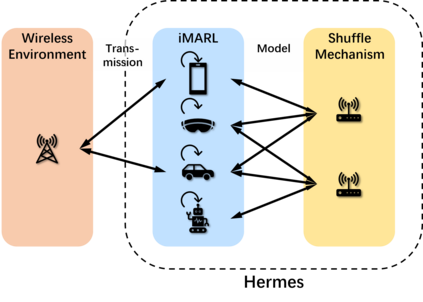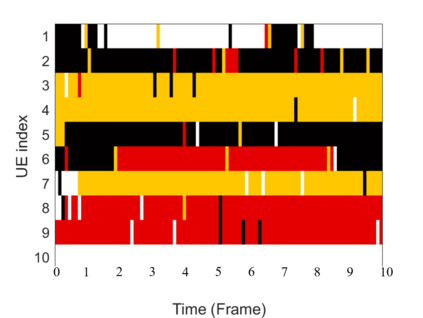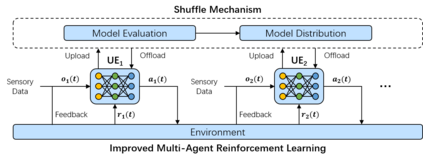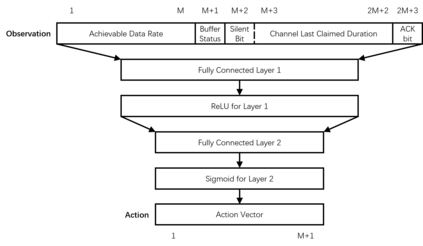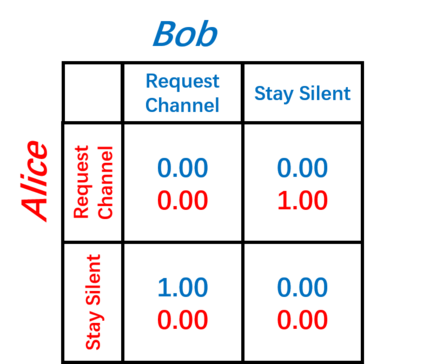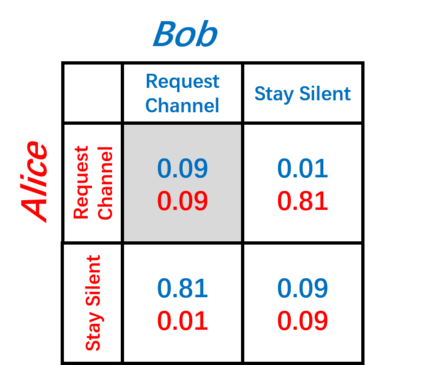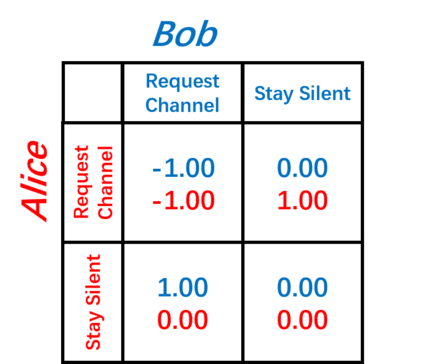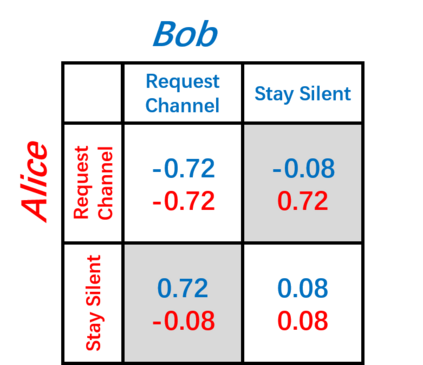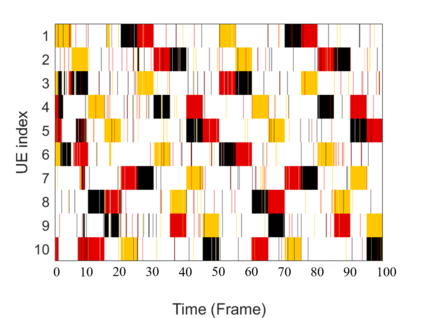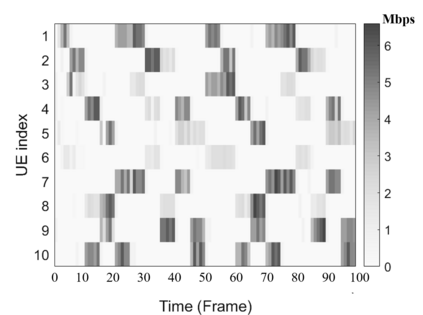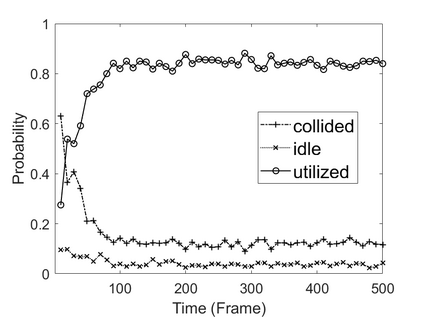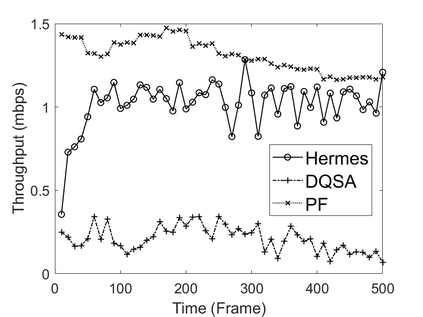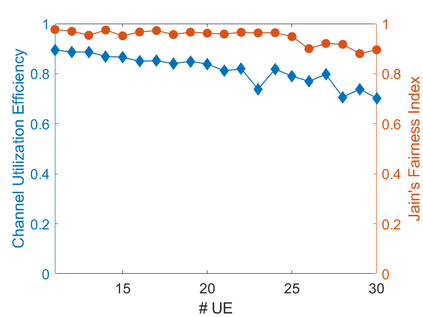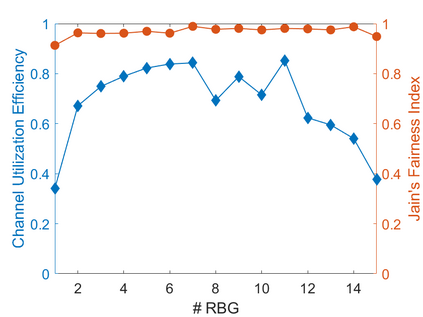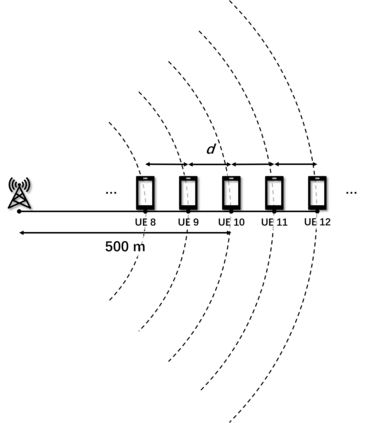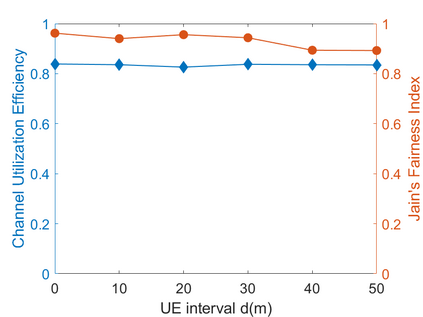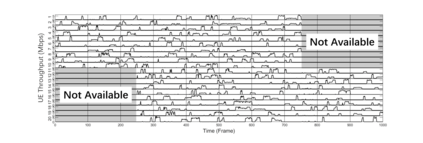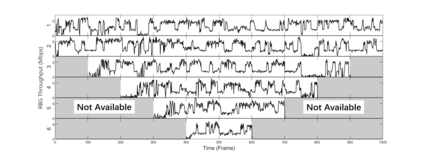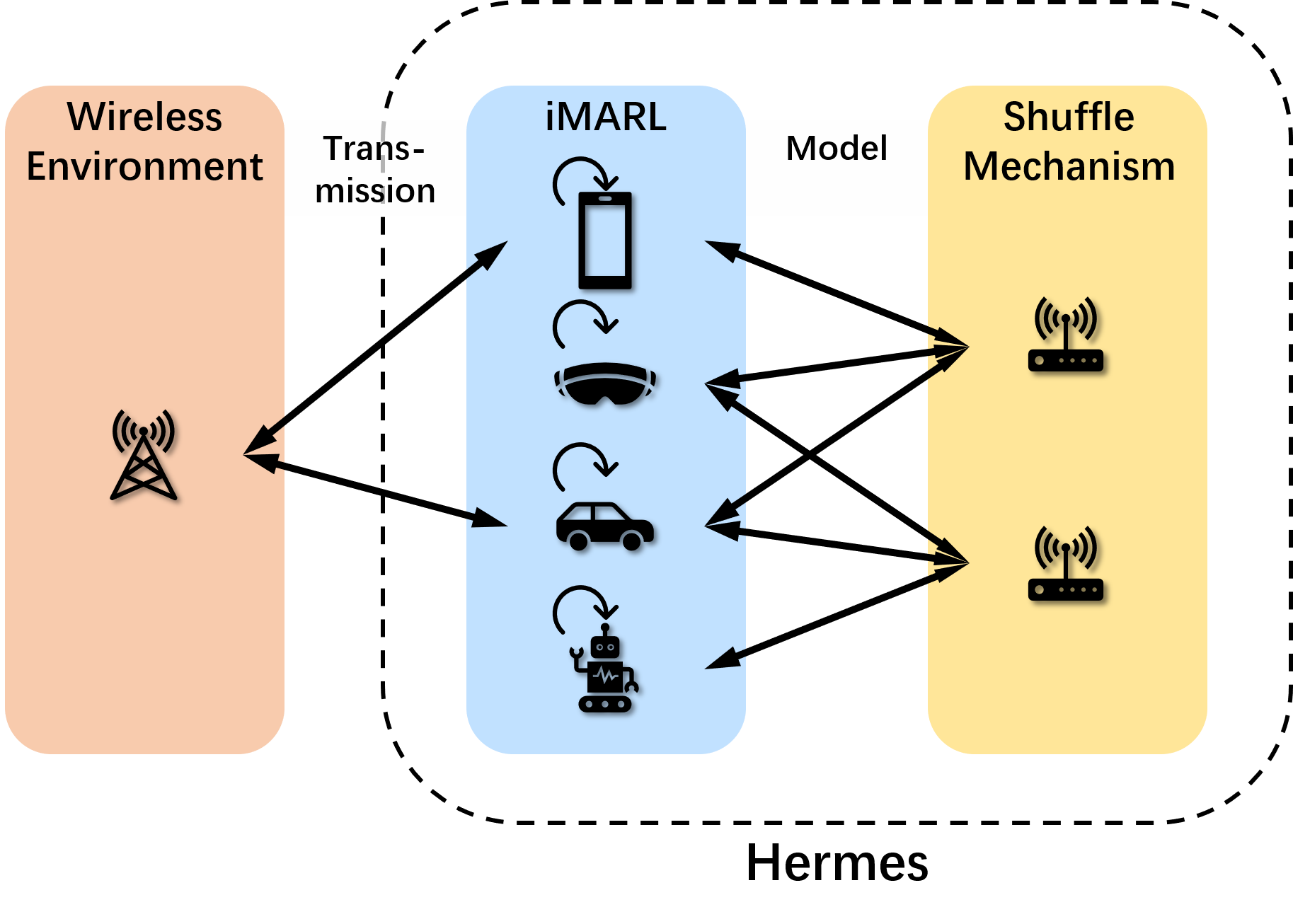With the incoming 5G network, the ubiquitous Internet of Things (IoT) devices can benefit our daily life, such as smart cameras, drones, etc. With the introduction of the millimeter-wave band and the thriving number of IoT devices, it is critical to design new dynamic spectrum access (DSA) system to coordinate the spectrum allocation across massive devices in 5G. In this paper, we present Hermes, the first decentralized DSA system for massive devices deployment. Specifically, we propose an efficient multi-agent reinforcement learning algorithm and introduce a novel shuffle mechanism, addressing the drawbacks of collision and fairness in existing decentralized systems. We implement Hermes in 5G network via simulations. Extensive evaluations show that Hermes significantly reduces collisions and improves fairness compared to the state-of-the-art decentralized methods. Furthermore, Hermes is able to adapt the environmental changes within 0.5 seconds, showing its deployment practicability in dynamic environment of 5G.
翻译:随着5G网络的到来,无处不在的事物互联网(IoT)装置能够惠及我们的日常生活,例如智能相机、无人驾驶飞机等。 由于采用了毫米波段和大量IoT装置,设计新的动态频谱接入系统(DSA)至关重要,以协调5G中大型装置的频谱分配。我们在此文件中介绍赫梅斯,这是第一个大规模装置部署的分散式DSA系统。具体地说,我们建议采用高效的多试剂强化学习算法,并引入新的洗涤机制,解决现有分散系统中碰撞和公平性弊端。我们通过模拟在5G网络中实施赫梅斯。广泛的评估显示,赫梅斯大大降低了碰撞,提高了与最新分散法的公平性。此外,赫梅斯能够在0.5秒内调整环境变化,显示其在5G动态环境中的部署可行性。
相关内容
- Today (iOS and OS X): widgets for the Today view of Notification Center
- Share (iOS and OS X): post content to web services or share content with others
- Actions (iOS and OS X): app extensions to view or manipulate inside another app
- Photo Editing (iOS): edit a photo or video in Apple's Photos app with extensions from a third-party apps
- Finder Sync (OS X): remote file storage in the Finder with support for Finder content annotation
- Storage Provider (iOS): an interface between files inside an app and other apps on a user's device
- Custom Keyboard (iOS): system-wide alternative keyboards
Source: iOS 8 Extensions: Apple’s Plan for a Powerful App Ecosystem

